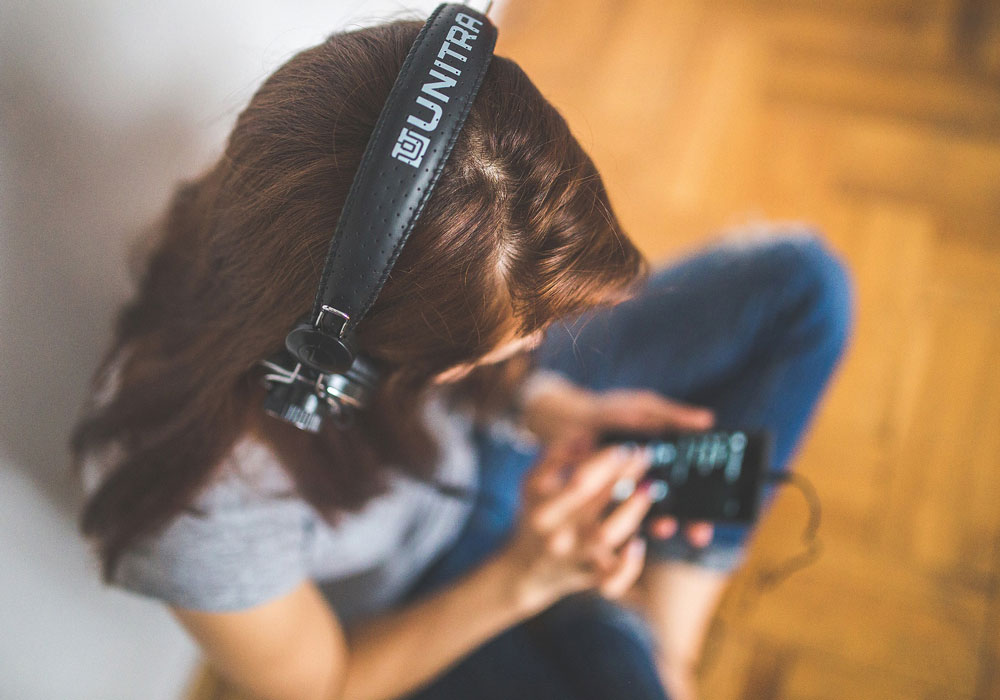By Jyothirmai Gubili, MS, Dana Kramer, FNP-BC, ACHPN, and Karen Popkin, LCAT, MT-BC
Cancer-related fatigue is a serious, debilitating symptom that affects nearly 90% of patients following treatment, with the majority reporting the adverse event at moderate to severe levels. It can prolong hospital stays and limit patients’ ability to complete their treatments and resume daily activities, ultimately affecting quality of life and survival. Despite high prevalence rates, cancer-related fatigue was reported as “inadequately addressed” in findings from a large multisite study.
What the Research Reveals
Music is used as a therapeutic tool to address the physical and psychological symptoms associated with cancer and its treatments. A typical music therapy session may involve active participation—guided by a music therapist, the patient sings, plays instruments, writes music, or discusses the experience—or passive listening, in which the therapist offers music to help calm and relax the patient.
Although the mechanisms underlying its effects have yet to be elucidated, music therapy has been shown to modulate stress responses along the hypothalamus-pituitary-adrenal axis. Changes on that axis may also play a role in cancer-related fatigue.
A Cochrane review of six trials with 253 patients reported that music therapy exerts a small to moderate effect on cancer-related fatigue, although the researchers deemed the evidence to be of low quality. Because of the paucity of data, we conducted a cross-sectional, mixed-methods study to compare the effectiveness of active and passive music therapy on cancer-related fatigue.
We recruited 436 patients with different types of cancer. Based on patient preference, music therapist judgment, and symptoms at baseline, we offered active music therapy to 360 patients and passive music therapy to 76. Sessions lasted 20–30 minutes depending on patients’ stamina and engagement. Patients completed the Edmonton Symptom Assessment Scale fatigue item before and after their sessions and were also asked to provide free comments after the intervention.
Data revealed that compared to passive, active music therapy was associated with a 0.88 point greater reduction in cancer-related fatigue (95% CI = 0.26–1.51; p = 0.006; Cohen’s D = 0.52). Patients in the active group used words that indicated positive affect/emotions in the open-ended comments, whereas those in the passive group discussed relaxation. Randomized clinical trials are needed to confirm the findings and the implications for improving clinical outcomes in patients with cancer-related fatigue.
What Oncology Nurses Need to Know
Cancer-related fatigue is among the most common and distressing symptoms reported by patients with cancer and has relatively few pharmacologic treatment options. Music therapy is a noninvasive, cost- effective, and pleasant technique with no significant adverse effects. The Society for Integrative Oncology recommends it as a useful modality to decrease stress, anxiety, and depression.
Nearly 50% of the National Cancer Institute-designated comprehensive cancer centers in the United States have credentialed music therapists for symptom management. As it is increasingly accessible at cancer centers worldwide, nurses can advocate for music therapy to be included in a holistic symptom treatment plan.






